
The year 2024 was dynamic for the UAE’s real estate market, characterised by steady growth and notable shifts in market dynamics.
Dubai’s property market experienced a 30% surge, drawing foreign investment from ultra-high-net-worth individuals in CIS countries, and beyond.
Developers shifted focus towards affordable and mid-range housing, responding to evolving buyer demands, while rising rental costs in prime locations reflected growing demand from professionals and expatriates.
The off-plan market remains buoyant, accounting for a substantial portion of 2024’s transactions, supported by government-backed initiatives such as the Dubai 2040 Urban Master Plan. Sustainability also took centre stage, with eco-friendly developments and smart home technologies redefining modern living standards.
The outlook for the UAE real estate market remains optimistic as it transitions into 2025.
1. A Booming Market
Dubai's growth is powered by strategic government initiatives, favorable geopolitical conditions, and a steady influx of global residents. This momentum drives a thriving property market, blending high demand with sustainable development across both prime and emerging areas.
Communities like Al Furjan, Jumeirah Garden City, Jumeirah Village Triangle, and Dubai Islands are rapidly gaining popularity, offering diverse opportunities for investors and residents alike.
In 2025, transaction volumes are expected to rise by 20-30%, with property prices increasing by 10-15%. Strategic government initiatives, coupled with the city’s reputation for safety and innovation, ensure that foreign investment will remain a key driver of growth.
2. Sustainability: Eco-Friendly Developments
Sustainability is no longer an optional feature but a necessity in the UAE’s real estate market. The UAE is ranked 14th globally for its concentration of sustainable buildings. These reduce energy and water usage by 30%, lower operational costs, and enhance property value, appealing to environmentally conscious buyers and aligning with global sustainability goals.
Reports by the Royal Institution of Chartered Surveyors (RICS) revealed that occupier and investor demand for green buildings has risen in the Middle East and Africa. In fact, 80% of UAE real estate investors prioritize sustainability, and 70% of foreign investors are willing to pay a premium for eco-friendly properties. This trend is supported by government incentives and a regulatory push toward achieving green building certifications, placing the UAE at the forefront of sustainable real estate.
3. Smart Homes: IoT-driven Tech
Dubai's transformation into a smart city is elevating urban living through advanced technology and AI integration. Features like smart homes, efficient public transport systems, and cutting-edge digital amenities are making everyday life more convenient, efficient, and enjoyable for residents.
Smart home systems, AI-powered security, and immersive virtual walkthroughs are now standard in high-value properties, meeting the expectations of tech-savvy investors. This includes IoT-enabled systems that manage lighting, temperature, and even window coverings. The global smart home market is projected to reach 785.16 million units by 2028, and the UAE is tapping into this growth by integrating cutting-edge technology into its developments.
4. Mixed-Use Properties: Living, Working, and Thriving in One Place
Mixed-use developments are becoming a cornerstone of Dubai’s evolving urban landscape, blending residential, commercial, and recreational spaces to create integrated living solutions. These developments address the growing demand for convenience and lifestyle efficiency, enabling residents to live, work, and socialize in close proximity. Driven by the Dubai 2040 Urban Master Plan which initially aimed to accommodate 5.8 million residents.
However, more recent updates suggest that the city now plans for a total population of 7.8 million, reflecting continued growth and expansion. These projects foster walkability, reduce commuting times, and promote a sense of community. For professionals, such developments offer seamless integration of work and home life, while investors enjoy steady rental income and long-term property appreciation in high-demand neighborhoods.
5. Continued Foreign Investment
Dubai’s real estate market continues to magnetize foreign buyers, offering strong returns through rental income and property appreciation. The city's prestigious reputation, safety, and investor-friendly climate ensure consistent demand, even amid concerns of a potential market bubble. With an anticipated influx of expatriates and global investors, both luxury and mid-range property sales are expected to rise.
Looking Ahead
The UAE real estate market is set for steady growth in 2025, supported by strategic planning, sustainability, and innovative urban development.
Whether through the adoption of green building practices, the rise of smart homes, or the evolution of mixed-use communities, the market continues to adapt to changing demands. For both buyers and investors, the opportunities in the UAE’s real estate sector remain abundant, making it a global hub for property innovation and growth.
The author, Tatiana Tonu, is Managing Director for Object1.
Al Furjan Jumeirah Garden City Jumeirah Village Triangle Dubai Islands off-plan properties


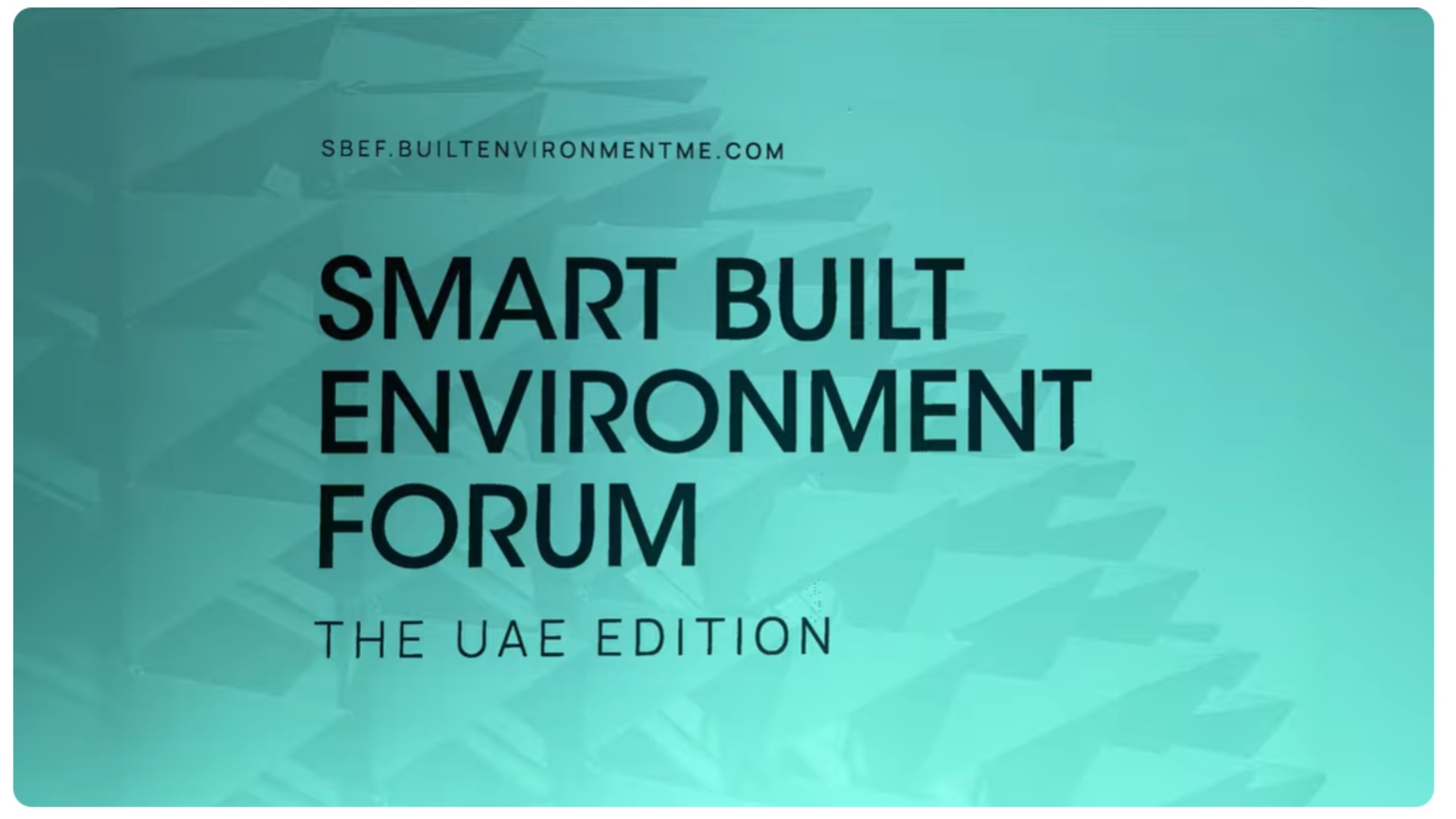
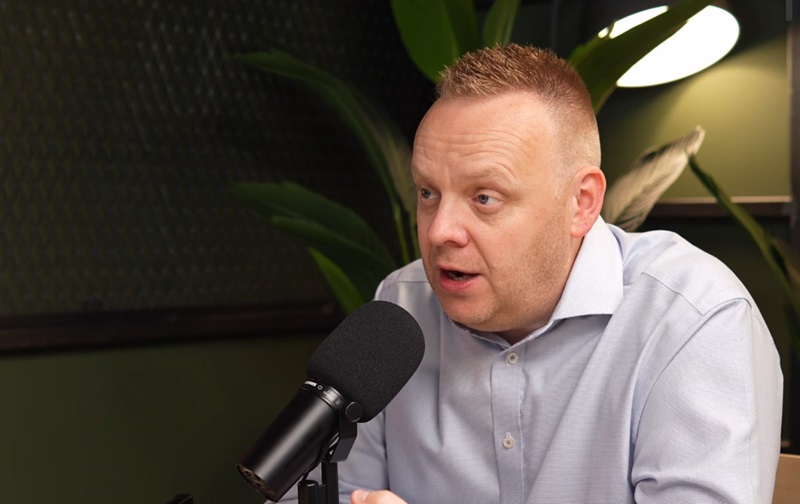





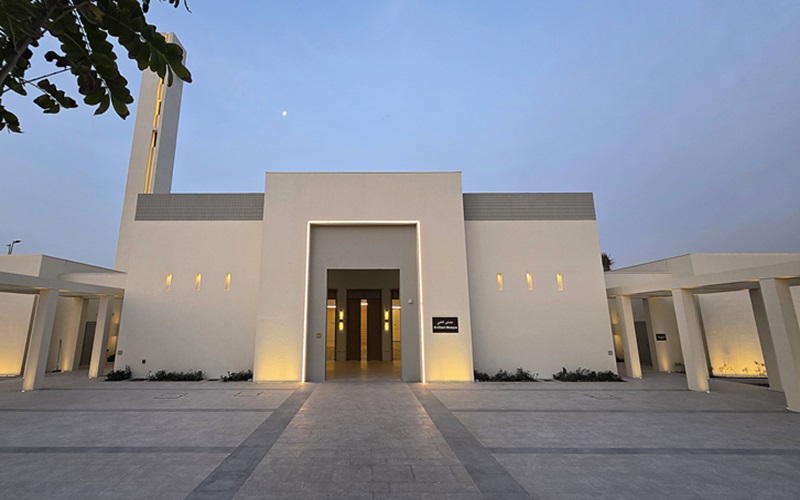

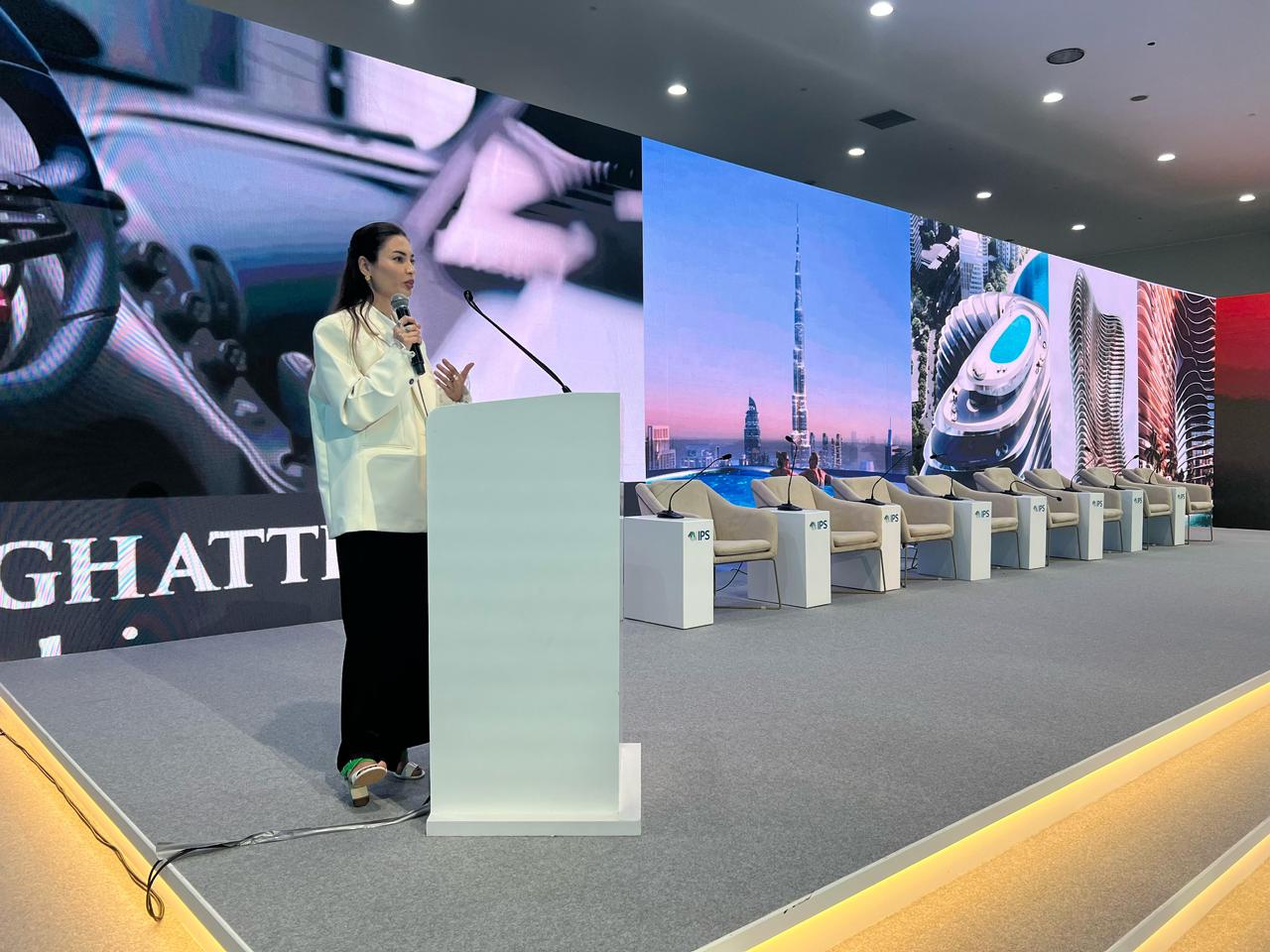
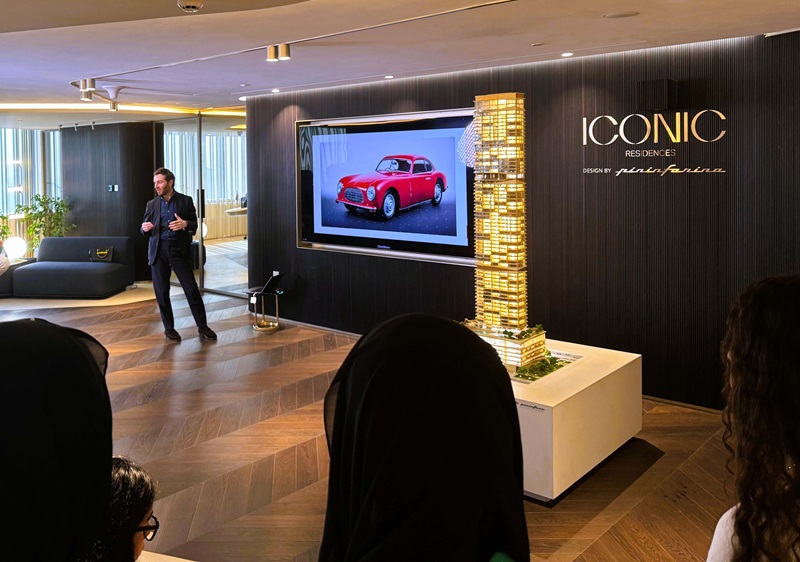
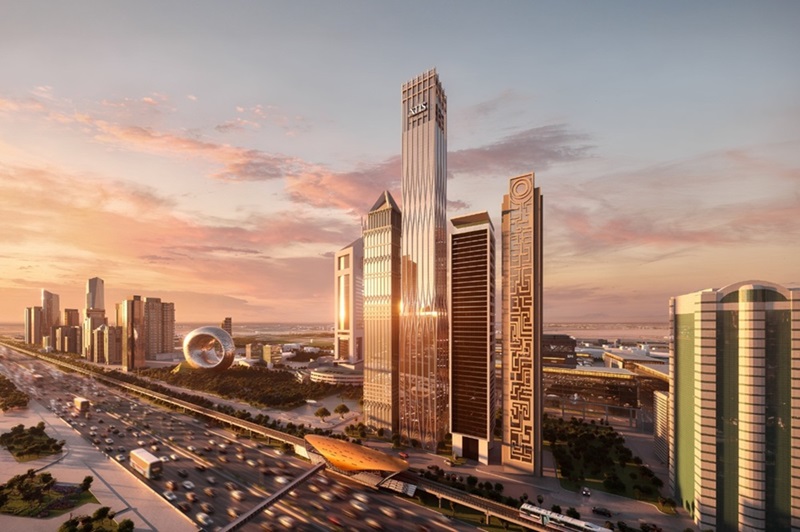
_LR.jpg)
.jpg)
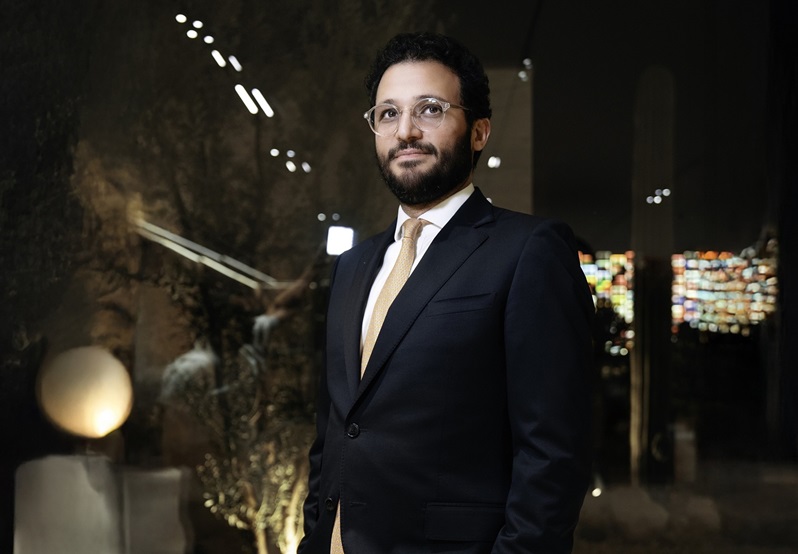
.jpg)